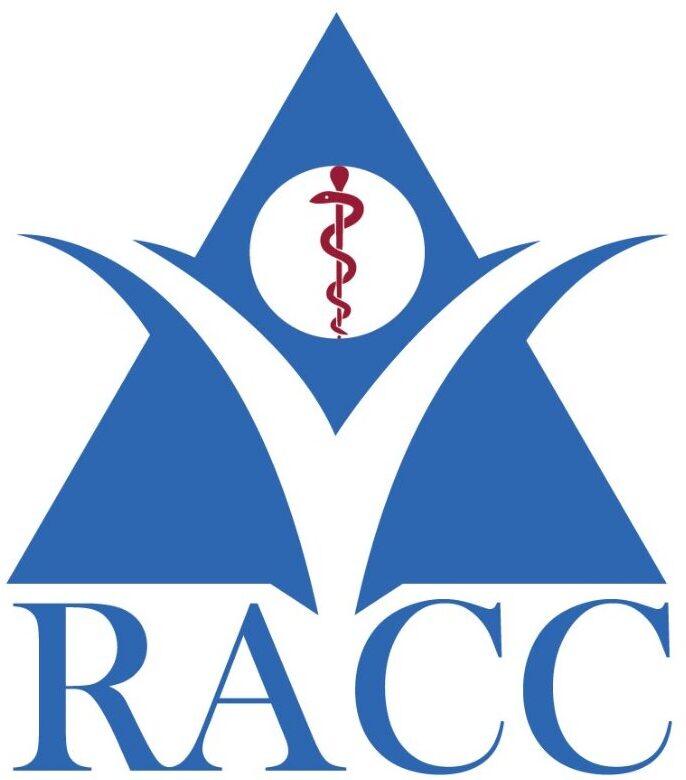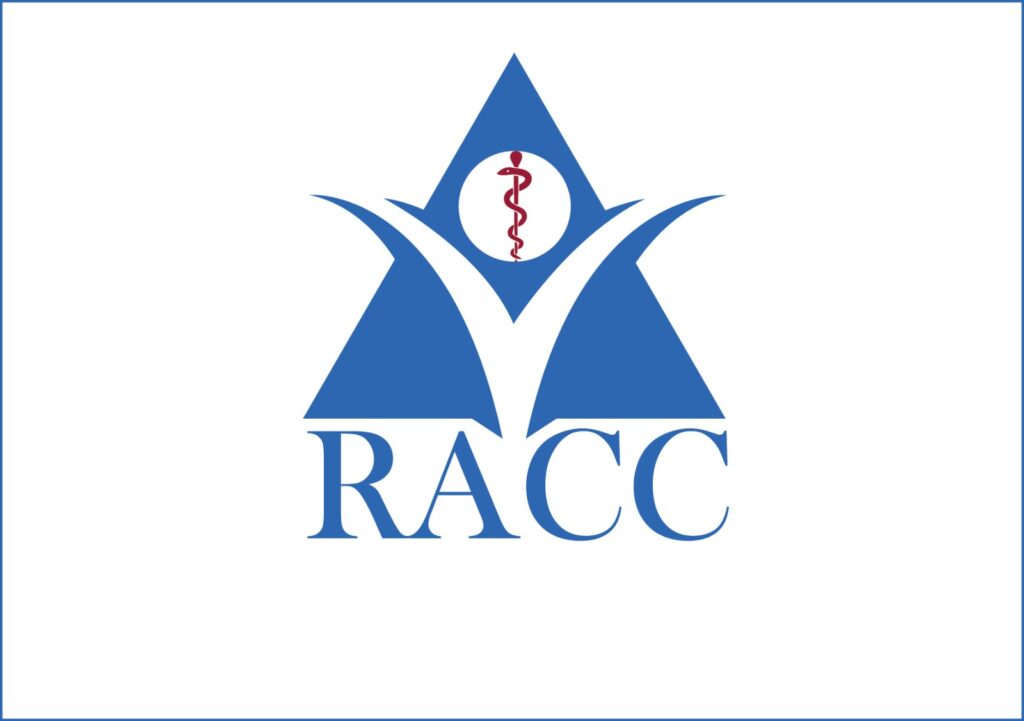In recent times, concerns about drug poisoning have been increasing. This situation arises due to various factors, including increased access to both prescription and illicit substances. Communities find themselves grappling with how to manage and prevent these incidents. With this rising problem, becoming informed on the topic is more crucial than ever.
Raising public awareness is key. When people understand the risks and signs of drug poisoning, they can take steps to prevent it. Awareness empowers individuals to act quickly and decisively, when necessary, potentially saving lives.
The purpose of this blog is threefold: to educate, to inform, and to empower. By reading, you will learn essential information about how to protect both yourself and those you care about from potential poisoning risks.
Defining Drug Poisoning and Its Impact
So, what exactly is drug poisoning? It’s when a person takes too much of a substance, either by accident or on purpose, leading to harmful effects.
Various substances can result in poisoning, such as illicit drugs, over-the-counter medications, and even prescriptions. This highlights why proper medication use is vital.
Poisoning can happen in several ways. Someone might accidentally take the wrong dose, or there could be intentional misuse. Every scenario presents its safety challenges, emphasizing the need for vigilance.
Recognizing Symptoms of Drug Poisoning
Identifying symptoms early is crucial in managing drug poisoning. Common signs include feelings of dizziness, nausea, and confusion. These are typical early indicators.
However, some symptoms are more dangerous. If someone starts having seizures or falls into a coma, the situation becomes life-threatening. Recognizing these signs can prevent escalation.
Different drugs cause different symptoms. For example, an overdose on painkillers might lead to slowed breathing, while stimulants could result in rapid heartbeat or heightened anxiety. Knowing these specifics can aid in quicker identification and response.
Exploring Causes and High-Risk Groups
Understanding why drug poisoning occurs helps in taking preventive actions.
Common causes include accidental ingestion, misuse of medications, or combining multiple drugs. Each of these scenarios has its unique risks.
Certain groups are more vulnerable to drug poisoning. Children, with their natural curiosity, might accidentally ingest medications. The elderly may find it challenging to manage their prescriptions and might misuse them as a result. Furthermore, those with pre-existing health conditions have an increased risk of complications. Recognizing these high-risk groups allows for targeted prevention efforts.
Empowering Prevention: Key Tips to Minimize Risk
Prevention plays a critical role in minimizing risky situations. Here are some key tips to keep in mind:
- Always store medications out of children’s reach.
- Dispose of unused or expired drugs responsibly.
- Never mix medications without consulting a doctor.
Practicing harm reduction strategies is vital too. This includes knowing how to use medicines safely and being prepared for emergencies. Remember, prevention is easier than treatment.
Taking Action with RACC Hospital: Your Trusted Emergency Response
In case of drug poisoning or any emergency, RACC Hospital is here for you. Our expert medical team is always ready to provide quick, efficient care when you need it most.
What to do?
- Call emergency services immediately.
- Stay with the individual and ensure their comfort until help arrives.
At RACC Hospital, we emphasize prevention and rapid intervention. With our state-of-the-art facilities and trained professionals, we’re committed to keeping you and your community safe.



